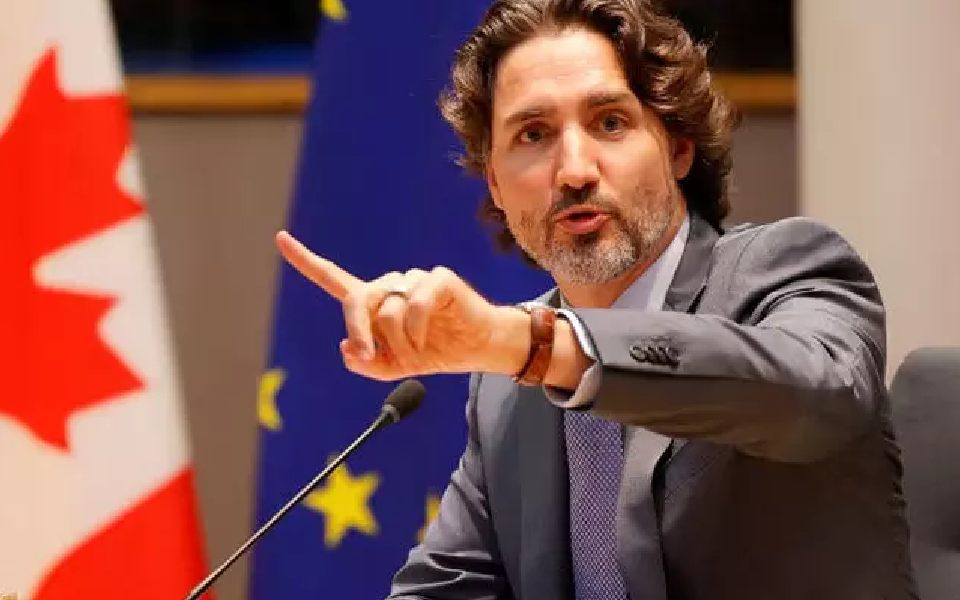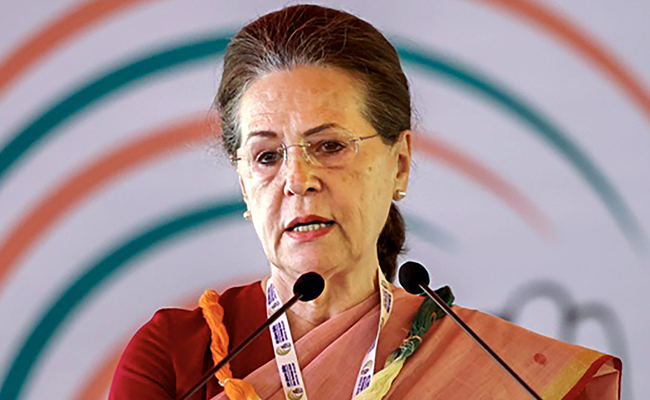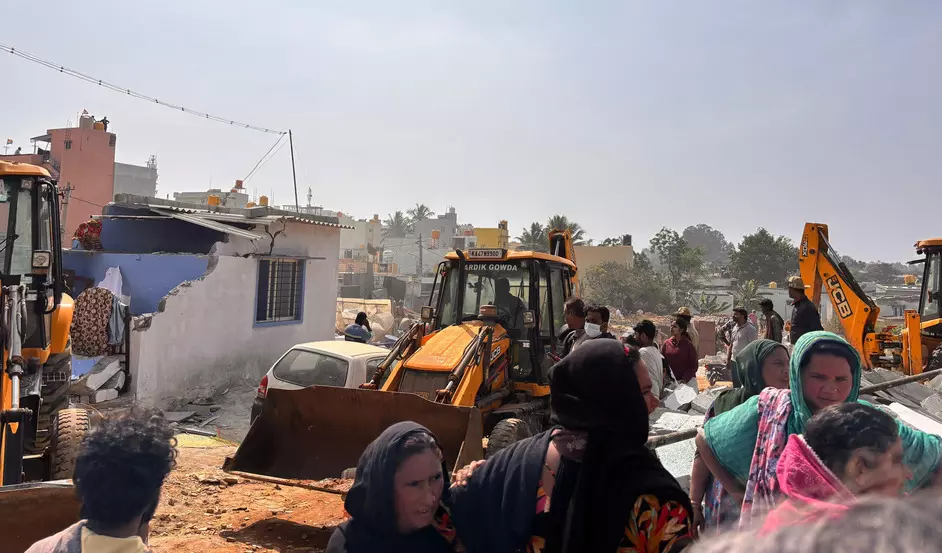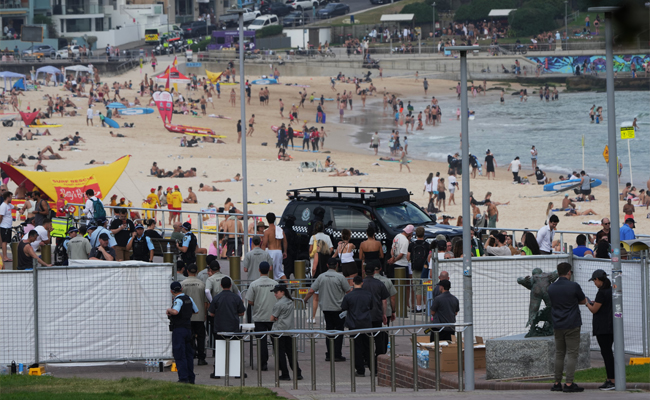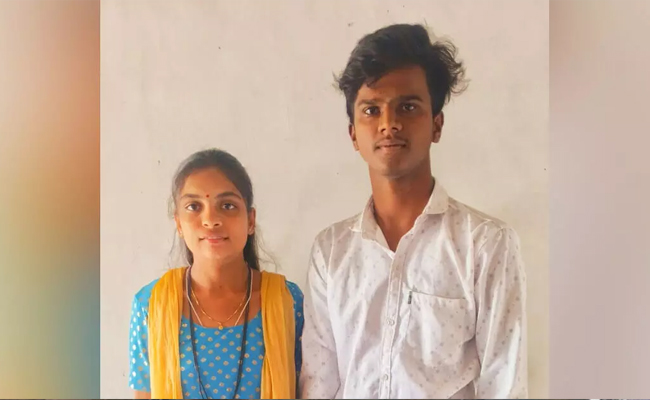Ottawa, Oct 16: Prime Minister Justin Trudeau on Wednesday acknowledged that he had only intelligence and no "hard evidentiary proof" when he alleged the involvement of Indian government agents in the killing of Khalistani separatist Hardeep Singh Nijjar last year.
Testifying before the public inquiry into foreign interference in federal electoral processes and democratic institutions, Trudeau claimed the Indian diplomats were collecting information on Canadians who are in disagreement with the Narendra Modi government and passing it to the highest levels within the Indian government and criminal organisations like the Lawrence Bishnoi gang.
"I was briefed on the fact that there was intelligence from Canada, and possibly from Five Eyes allies that made it fairly clear, incredibly clear, that India was involved in this... Agents of the government of India were involved in the killing of a Canadian on Canadian soil," he said.
He added that it was something that his government had to take extremely seriously.
'Five Eyes' network is an intelligence alliance consisting of the US, the UK, Australia, Canada and New Zealand. It is both surveillance-based and signals intelligence (SIGINT).
"India had indeed done it, and we had reasons to believe that they had," Trudeau said, adding that his government's immediate approach was to engage with the government of India to work on this together to make sure that there was accountability.
Recalling the G20 summit hosted by India in September last year, he said it was a big moment for India, and Canada "had the opportunity of making it a very uncomfortable summit" for India if it went public with these allegations.
"We chose not to. We chose to continue to work behind the scenes to try and get India to cooperate with us," he said.
Trudeau said the Indian side asked for evidence "and our response was, well, it's within your security agencies."
But the Indian side insisted on the evidence. "And at that point, it was primarily intelligence, not hard evidentiary proof. So we said, well, let's work together and look into your security services and maybe we can get that done," he said.
He said he met Prime Minister Modi after the end of the G20 summit in Delhi and shared that "we knew that they were involved and expressed a real concern around it. He responded with the usual response from him, which is that we have people who are outspoken against the Indian government living in Canada that he would like to see arrested."
Trudeau said he tried to explain that there is freedom of speech in Canada to criticise governments overseas or indeed to criticise a Canadian government.
"But as always, we would work with them on any evidence or any concerns they have around terrorism or incitement to hate or anything that is patently unacceptable," he said.
"We launched investigations. The Indian response to these allegations and our investigations was to double down on attacks against this government, attacks against this government's integrity, attacks against Canada in general, but also to arbitrarily eject dozens of Canadian diplomats from India," he said.
"This was a situation in which we had clear and certainly now even clearer, indications that India had violated Canada's sovereignty," he said.
He alleged that the Indian diplomats were collecting information on Canadians who were in disagreement with the Modi government, passing along that information to the highest levels within the Indian government, and to criminal organizations like the Bishnoi gang.
"...It was the RCMP determination that that chain, or that sequence, that scheme, needed to be disrupted and going public on Monday as they did," he said.
The Royal Canadian Mounted Police (RCMP) on Monday said it has evidence that six Indian diplomats were involved in the alleged plot to murder Nijjar in June 2023.
The RCMP also alleged that the Bishnoi gang is connected to the agents of the Indian government, which is targeting the South Asian community specifically "pro-Khalistani elements" in the country.
On this, India strongly rejected attempts by Canadian authorities to link Indian agents with criminal gangs in Canada with official sources in New Delhi even saying that Ottawa's assertion that it shared evidence with New Delhi in the Nijjar case was simply not true.
The sources in New Delhi also rejected Trudeau's previous allegations that India was engaging in activities including carrying out covert operations targeting Canadian nationals in his country.
India expelled six Canadian diplomats and announced withdrawing its high commissioner from Canada after dismissing Ottawa's allegations linking the envoy to a probe into the killing of Nijjar.
Nijjar was gunned down in Surrey, British Columbia, in June last year.
Let the Truth be known. If you read VB and like VB, please be a VB Supporter and Help us deliver the Truth to one and all.
New Delhi, Dec 22 (PTI): Congress Parliamentary Party chairperson Sonia Gandhi on Monday said the "demolition" of the historic Mahatma Gandhi National Rural Employment Guarantee Act (MGNREGA) will have catastrophic consequences for crores of people across rural India and called upon all to unite and safeguard the rights that protect everyone.
In an editorial in 'The Hindu' titled "The bulldozed demolition of MGNREGA", the former Congress chief said the "death" of MGNREGA is a collective failure.
This comes a day after President Droupadi Murmu gave her assent to the Viksit Bharat Guarantee for Rozgar and Ajeevika Mission (Gramin) (VB-G RAM G) Bill, which replaces the MGNREGA and has a provision for 125 days of wage employment for rural workers.
ALSO READ: Delhi polluted owing to Aravalli, says anchor Rajat Sharma; netizens troll him
"MGNREGA realised the Mahatma's vision of Sarvodaya (welfare of all) and enacted the constitutional right to work," Gandhi said.
"It is imperative, now more than ever, to unite and safeguard the rights that protect us all," she added.
Gandhi said the employment guarantee scheme to deal with rural distress has now been "bulldozed and demolished".
MGNREGA was a rights-based legislation inspired by Article 41 of the Constitution of India, which calls upon the government to secure citizens' right to work, she said.
"Over the past few days, the Narendra Modi government worked to bulldoze MGNREGA's abolition without any discussion, consultation, or respect for parliamentary processes or Centre-State relations. The removal of the Mahatma's name was only the tip of the iceberg. The very structure of MGNREGA, so integral to its impact, has been annihilated," she said.
She described VB-G RAM G as "nothing but a set of bureaucratic provisions".
ALSO READ: Hindu outfit urges Karnataka governor to withhold assent to anti-hate speech bill
The Modi government's new Bill has restricted the ambit of the scheme to rural areas as notified by the Union at its discretion, Gandhi said.
Against uncapped central allocation, there is now a pre-determined budgetary allocation that caps the number of days of employment provided in each state. The number of workdays provided are, therefore, left to the Centre's priorities rather than the people's needs, she said, adding that the all-year guarantee of employment has been finished off.
Gandhi said one of the greatest impacts of MGNREGA was increased bargaining power of the landless poor in rural India, which elevated agricultural wages.
"This bargaining power will definitely be eroded under the new law. The Modi government is attempting to suppress wage growth and that too at a time when the proportion of employment in agriculture has risen for the first time since Independence, contrary to what should have been the case," she noted.
She also said by transferring a significant portion of the expense onto the states, the Modi government is discouraging them from providing work under the scheme. The finances of states, already under severe stress and strain, will be further devastated, the Congress leader said.
Under the VB-G RAM G Bill, the cost-sharing pattern is 60:40 between the Centre and states, 90:10 for northeastern and Himalayan states, and 100 per cent central funding for Union territories without legislatures.
Gandhi further said that aside from demolishing the demand-based nature of the programme, the Modi government has ended the decentralised nature of the scheme.
"The Modi government is resorting to fraudulent claims that it has enhanced the employment guarantee from 100 days (under MGNREGA) to 125 days. For all the reasons outlined above, that will certainly not be the case. Indeed, the real nature of the Modi government's intentions can be understood from its decade-long track record of throttling MGNREGA.
"It began with the Prime Minister's (in)famous mocking of the scheme on the floor of the House and proceeded apace through a 'death by a thousand cuts' strategy through, for instance, stagnant budgets, the use of disenfranchising technology and delayed payments to workers," she said in the article.
Gandhi said the demolition of the right to work must not be seen in isolation but as part of the long assault by the ruling establishment on the Constitution and its right-based vision for the country.
"The most fundamental right to vote is under unprecedented assault. The Right to Information has been desecrated with legislative changes that weaken the autonomy of Information Commissioners, and by wholesale exemptions from the Act for ill-defined 'personal information data," she said.
The Right to Education has been undermined and The Forest Rights Act, 2006, was markedly weakened by the Forest (Conservation) Rules (2022), which removed the gram sabha from any role in permitting the diversion of forest land, the Congress leader said, adding that The Right to Fair Compensation and Transparency in Land Acquisition, Rehabilitation and Resettlement Act, 2013 has been significantly diluted.
"Through the three black farm laws, the government attempted to deny farmers the right to a minimum support price. The National Food Security Act, 2013, may very well be next on the chopping block," Gandhi said.

